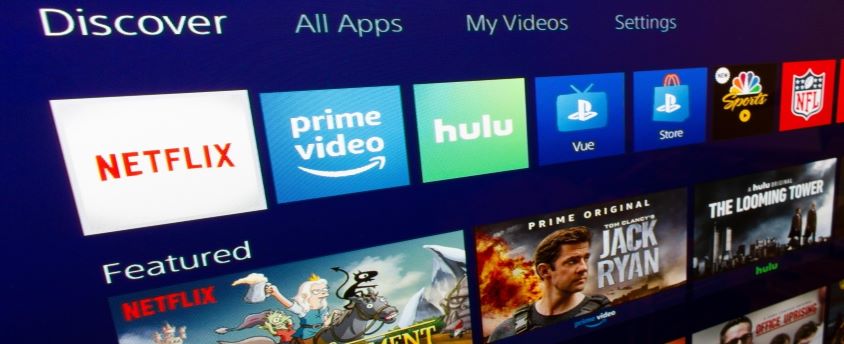Issues in OTT platforms
28, Feb 2023

Prelims level : Governance - Policies
Mains level : GS-III Awareness in the fields of IT, Space, Computers, Robotics, Nano technology, Bio-Technology and issues relating to intellectual property rights.
Why in News?
- Even after two years of issuing the Information Technology (Intermediary Guidelines and Digital Media Ethics Code) Rules there has not been much improvement in the regulation of OTT platforms.
Overview of the IT rules:
- It mandates a grievance redressal system for over the top (OTT) and digital portals in the country. This is necessary for the users of social media to raise their grievance against the misuse of social media.
- Significant social media firms have to appoint a chief compliance officer and have a nodal contact person who can be in touch with law enforcement agencies 24/7.
- A grievance officer: Social media platforms will also have to name a grievance officer who shall register the grievance within 24 hours and dispose of it in 15 days.
- Removal of content: If there are complaints against the dignity of users, particularly women – about exposed private parts of individuals or nudity or sexual act or impersonation etc – social media platforms will be required to remove that within 24 hours after a complaint is made.
- A monthly report: They also will have to publish a monthly report about the number of complaints received and the status of redressal.
- There will be three levels of regulation for news publishers — self-regulation, a self-regulatory body, headed by a retired judge or an eminent person, and oversight from the Information and Broadcasting Ministry, including codes of practices and a grievance committee.
What is a significant social media intermediary and benefits obtained under it?
- Social media companies with more than 50 lakh registered users will be considered ‘significant social media intermediaries’, as per the new norms.
What happens in case of non compliance?
- Social media giants such as Facebook, Twitter, Instagram and WhatsApp messenger could face a ban if they do not comply with the new Information Technology rules.
- They also run the risk of losing their status as “intermediaries” and may become liable for criminal action if they do not comply with the revised regulations.
What are the Concerns being raised?
- Various industry bodies have written to the government for up to a one-year compliance window, particularly in view of the pandemic.
- Concerns have also been expressed over potential unavailability of ‘safe harbour’ protection given to intermediaries under Section 79 of the IT Act, under the new rules.
- They have requested a re-think over a clause in the new rules which can lead to imposition of criminal liability upon the employees for non-compliance by intermediaries, asking for it to be dropped in the interest of ease of doing business.
- Originator traceability mandate in end-to-end encrypted platforms could end up weakening the security architecture of the platform. This could render the entire citizenry susceptible to cyberattacks by hostile actors.
- Additionally, the extant data retention mandate entailed risking privacy of users in India and abroad in addition to security risks and technical complexities which requires a lot of time for development and testing before integration with the existing ecosystem.






